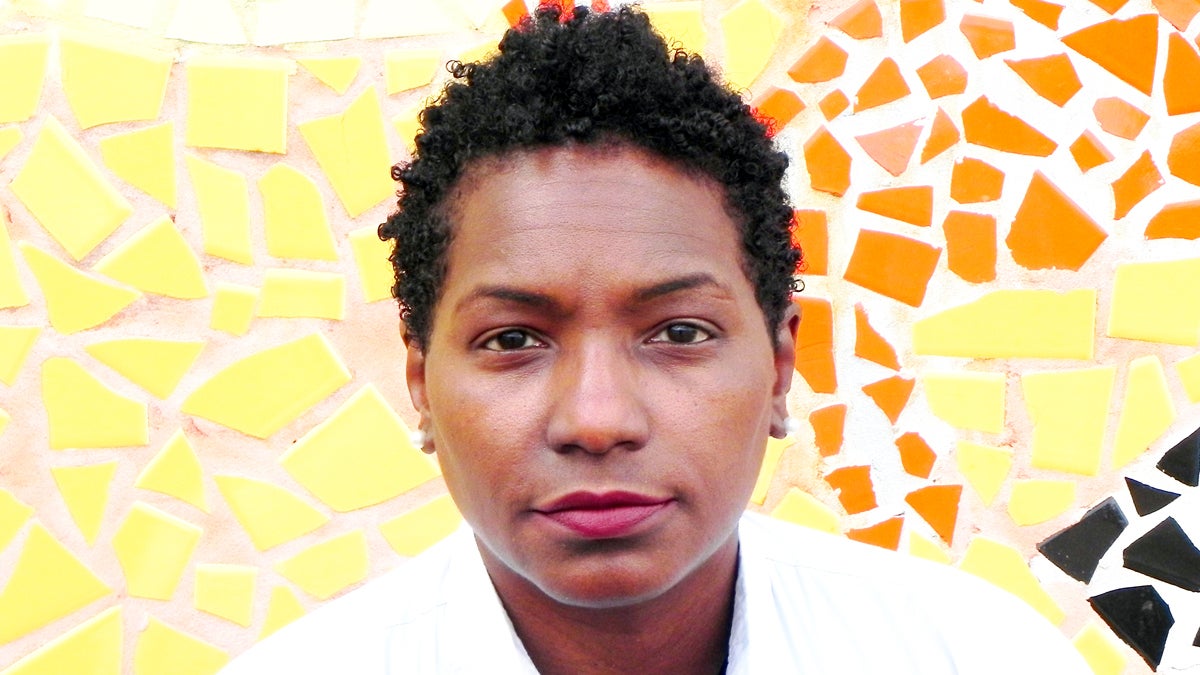We must raise our expectations of what it means to be black in Philly

This is part of a series of essays about what it’s like to be you in Philadelphia. In an attempt to discuss issues of race and ethnicity respectfully and productively, we are inviting readers to share their stories with the NewsWorks audience.
A recent Philadelphia Magazine article about race in Philadelphia sparked a lot of conversation, debate and some outrage in the city. And after recently attending an event at WHYY designed to open up the conversation on race, I left feeling more frustrated than hopeful.
At the event, several individuals sat on a moderated panel describing their experiences in the city, including an Asian woman, a Hispanic woman, a young African Muslim woman and a white male (who happened to be a former politician) from a small Pennsylvania suburb. After their remarks and stories, attendees were encouraged to address a couple of questions and continue the discussion in small groups.
City of (stay in your) neighborhoods
As an African-American woman, I have felt for a long time that Philadelphia, the city that I grew up in, is peculiar in its regard for black women, men and children. Although billed as the “City of Brotherly Love,” it has always seemed marginalized from my perspective. Yes, Philadelphia is a city ofneighborhoods, and there is plenty of community loyalty to go around. But that “local love” does not necessarily translate into “citywide love.”
Walk the streets of Philadelphia as an African-American woman — or better yet, shop in city stores. Socialize outside of black neighborhoods. Or perhaps, own a business as I did at one time. While the city is known as a place where a variety of people may live and thrive in their own communities — Italians in South Philly, African-Americans in Mount Airy, Irish in Fishtown and Northern Liberties — go beyond “your neighborhood” (which for a black woman, more often than not, will be assumed by others to be the most run-down and decrepit part of town), and a marginalized reality becomes apparent.
Shop in certain stores and you can cut the tension in the air (Is she going to steal something? or Can she afford it?). Enter a gallery or restaurant where whites or others are a majority, and there is a sense of “What are you doing here?”
Internalized negativity
What appears to be at work in Philadelphia, and in many other cities as well, is the perpetuation of negative stereotypes, which leads to negative perceptions. And if perception is reality, then reality for black women and all black folks in Philadelphia is a sort of implied second-class citizenship — “not really wanted around but tolerated because we just can’t get rid of you.”
There is also a sense, it seems, as though blacks in Philadelphia are not doing anything positive and constructive, and therefore, expectactions of black intellect and capability are low. Very low.
Sadly, it can seem as though many black Philadelphians almost accept this imposed second-class citizenship status. There is a collective fatalism that seems to permeate many black communities in Philly. Not all black folks, of course, but far too many.
Be Africa-American and talk about owning a business that is not a hair salon or barber shop and watch how fast you will be questioned, doubted and viewed skeptically. This sentiment does not help to thwart the notions of any non-black Philadelphian harboring negative perceptions of black women and all black people in the city.
Perception is reality
When I mentioned perception in my discussion at the WHYY event, most in the group looked quizzically and appeared to not understand the point I was making. One person, the former politician who joined us at the table at one point said, “I’m not interested in changing anyone’s perception of me.” Perhaps. But if perception rules, and many of us are operating off of the incorrect perception of others, how can we talk about better race relationsin Philadelphia — or in any city for that matter?
If “perception is reality,” then black reality in Philadelphia is one of marginalization and second-class citizenship. And until we address the notion of perception in any discussion about race, we will continue to have dishonest dialogue that does not get to the heart of how we see one another — and moreover, how we act toward one another based on these perceptions.
—
Noreen Mallory is a journalist and author in Philadelphia.
WHYY is your source for fact-based, in-depth journalism and information. As a nonprofit organization, we rely on financial support from readers like you. Please give today.

